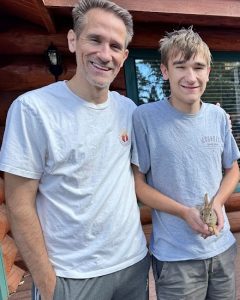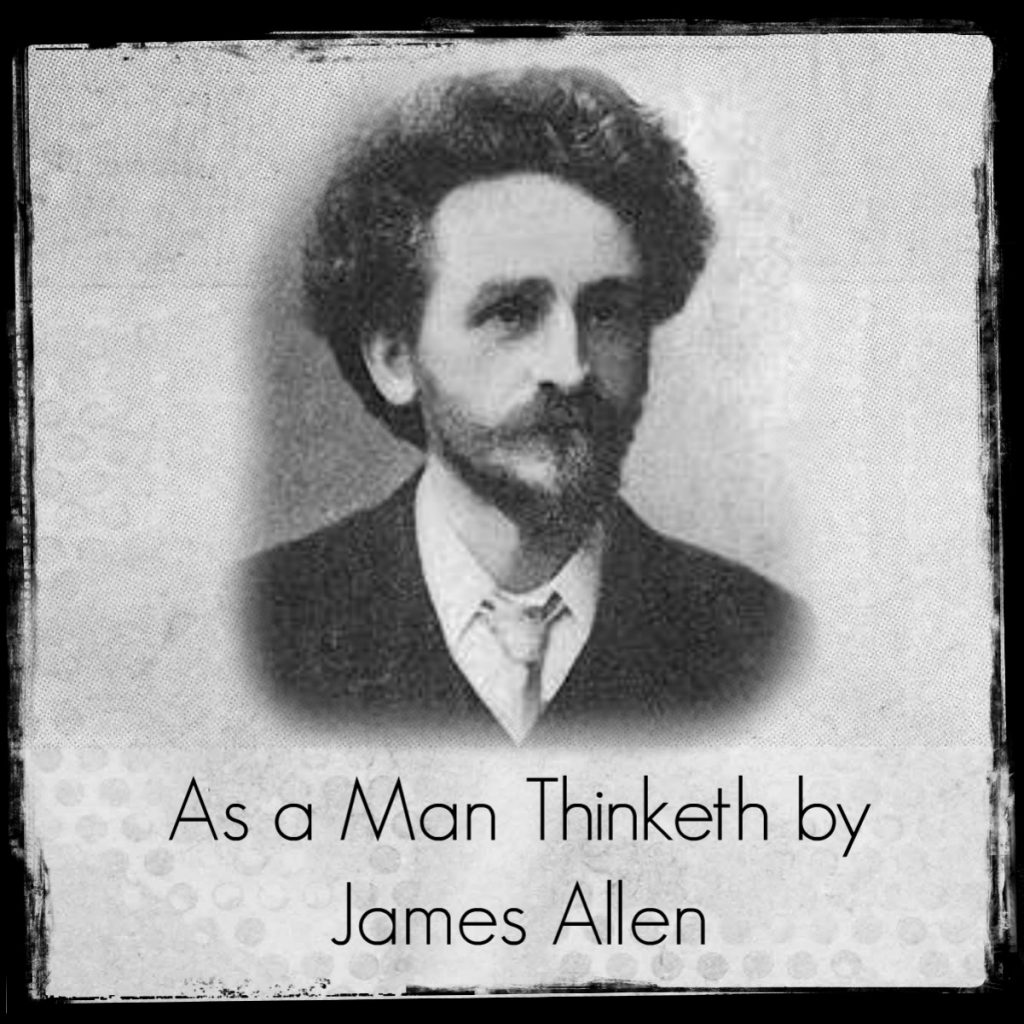
By Travis Giauque
What happens when you drop a fully inflated basketball onto a hard, horizontal surface? That’s right – it bounces back. What happens when you correctly throw a boomerang through the air free of any obstacles? Right again – it comes back. What happens when you render assistance, unselfishly, to someone in need? Just like the ball and the boomerang, it comes back to you as well. This is true because of the Law of Cause and Effect, not only speaking in terms of the laws of physics, but also in the terms of universal law.
Often times the Law of Cause and Effect is referred to as the Golden Rule, or the Law of the Harvest. You know, “Do unto others as you would have them do unto you”, or “You reap that which you sow”. “It”, as shown by italics in the previous paragraph, may be a variety of different things. We may not know what “it” will be before it returns to us. However, we can know with a surety that whatever “it” is, is exactly what we need to aid in our personal growth or increase, and will directly correspond to the way in which we gave.
This is a universal law, or exact truth. Exact truth will always remain truth irregardless of opinions and human insights to the definitions of such constancies. Truth is truth, we cannot change or manipulate it; it simply is. This truth applies to the power of universal laws as well. It has been explained by Leslie Householder in this light, “You cannot break a [universal] law; you can only break yourself against it”.
This law of Cause and Effect states that “every cause has an effect, and every effect has a cause. Nothing happens by chance.” If we decide to not break ourselves against this law, then we choose to have it work in our favor. We decide from our own free will, to give aid and assistance in whatever capacity and form that we are able; and by so doing, that “good deed” will return to us as well. It may not return to us in the way that we expect, but it will return in some form or fashion and in due time. By what degree of “karma” do you live by?
Something to keep in mind as you contemplate this law is that the “cause” that you give must be genuine and completely selfless in order to receive an “effect” of the same value. If we seek to assist others for simply the purpose of receiving, or being viewed by others of how gracious we are, then that effect has already taken place.
For example, let’s say I am a billionaire and hold a press conference to inform the entire world that I am donating one hundred million dollars to help in the cure of breast cancer. What would be my reward for this? Wouldn’t it be the praise of all humanity because they knew of “how gracious” a giver I was? Most likely, yes.
Now, I would probably receive some worldly recognition and possibly some compensation for the donation I did donate. However, the major effect of my cause may primarily be my recognition for the act, especially if it did not feel like a sacrifice to do it.
Let’s speak of this in a different light. Assume I am live in difficult financial situations, suffering the loss of my wife to breast cancer. In order to assist others in the future from suffering even as I have, I give what little remaining I have in a bank account to my local breast cancer society, in hopes that it will be of some value in finding a cure. By law, my selfless donation of all that I possess will be rewarded far greater than that of the billionaire’s.
Where is my reward? Who knows, but I can rest assured that it will come, and in direct correspondence to the degree that I gave. My “cause”, or method and purpose of giving, is in an exact and equal reaction to the “effect” I will receive. Does this parable sound familiar? Ever heard the parable of “the widow’s mite”?
Leslie Householder explains, “Do not do good deeds in hopes that people will know you did and be impressed with you”. Upon doing so, we already “have [our] reward”.
As we move forward with the knowledge of such a powerful truth, it is important to note that such actions should be in advance of any reward. I like to think that we should always give first, receive second; not vice versa. We give because we want to help. Think about it, if I want to have a boomerang “return” to me, I first need to “give” it freely so that it is able to fly its course and return.
Actions such as this require a firm belief in truth, knowing that it happens each and every time by law. And as such effects take place in light of our causes, duly noted as to why it came to be. Give credit where credit is due; recognizing that by yourself none of this is, or was, possible.
For more on this topic, click here to read Hidden Treasures: Heaven’s Astonishing Help with Your Money Matters FREE.
- The Bonding Chains of Pornography Addiction – You Too Can Overcome Them - October 20, 2010
- Selling Yourself on Self-Confidence - September 23, 2010
- You DO Know - September 23, 2010
















